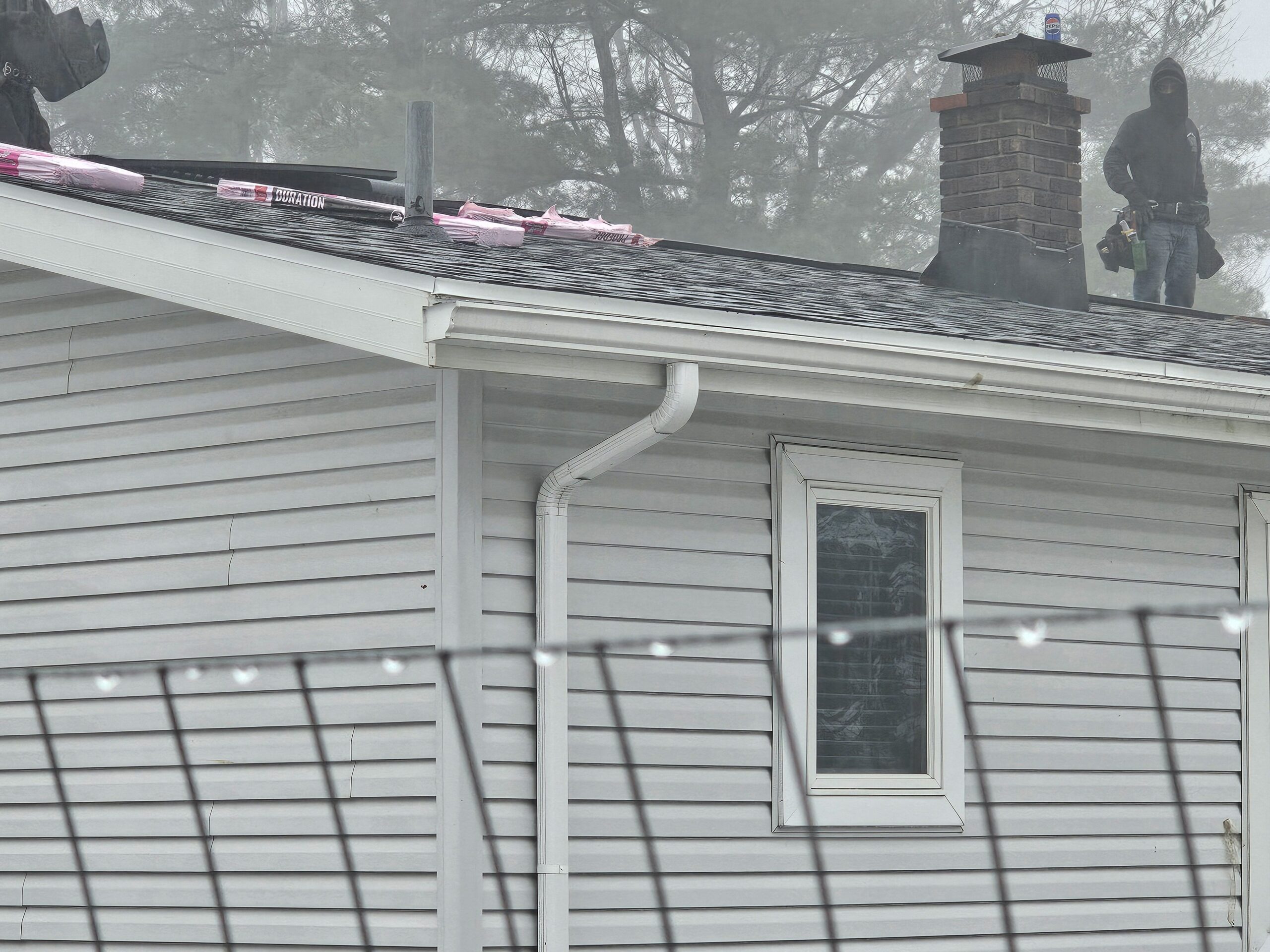What is a PVC Roofing Membrane? (What You Need to Know About It)
Introduction to PVC Roofing Membranes
When it comes to durable, long-lasting, and energy-efficient roofing solutions, PVC roofing membranes stand out as one of the best options for commercial and residential properties. PVC (polyvinyl chloride) roofing has been a popular choice for flat and low-slope roofs for decades due to its superior waterproofing, resistance to chemicals, and high durability.
At S&K Construction and Remodeling LLC, we specialize in high-quality roofing installations in Northeast Ohio, offering PVC roofing as a top-tier solution for building owners looking for reliability and longevity. In this blog, we will explore everything you need to know about PVC roofing membranes, including their benefits, costs, installation, and maintenance.
What is a PVC Roofing Membrane?
A PVC roofing membrane is a single-ply roofing material made from polyvinyl chloride. It consists of two layers of PVC with a reinforcing polyester fabric layer (scrim) in between. The top layer is formulated with UV-resistant properties, while the bottom layer provides flexibility and strength. PVC roofing is commonly used for commercial buildings, industrial facilities, and residential flat roofs.
PVC roofing membranes are heat-welded at the seams, creating a watertight seal that enhances their resistance to leaks and moisture penetration. This makes them an excellent choice for areas prone to heavy rain, snow, and high humidity levels.
Benefits of PVC Roofing Membranes
PVC roofing membranes offer numerous advantages that make them stand out from other flat roofing materials such as EPDM, TPO, and built-up roofing (BUR). Here are some of the key benefits:
1. Superior Waterproofing
PVC membranes have heat-welded seams that form a strong, watertight seal, eliminating common leak points associated with adhesives or mechanical fasteners.
2. Energy Efficiency & Reflectivity
PVC roofing membranes are highly reflective, meaning they can help reduce cooling costs by reflecting sunlight rather than absorbing heat. This improves energy efficiency and can qualify for ENERGY STAR® and Cool Roof certifications.
3. Durability & Longevity
PVC roofs have an average lifespan of 20–30 years when properly installed and maintained. They are resistant to:
- Fire
- UV rays
- Chemicals
- High winds
- Punctures and tears
4. Low Maintenance Requirements
Due to their durability and resistance to various environmental factors, PVC roofs require minimal maintenance, reducing long-term upkeep costs.
5. Chemical & Grease Resistance
Unlike TPO or EPDM, PVC roofing is highly resistant to chemical exposure, grease, and oil, making it ideal for restaurants, industrial facilities, and manufacturing plants.
6. Environmentally Friendly
PVC roofing is 100% recyclable and can be repurposed into new roofing materials at the end of its lifespan, contributing to sustainable building practices.
Types of PVC Roofing Membranes
PVC membranes are available in different thicknesses and colors, allowing for customization based on project needs. The most common types include:
1. Standard PVC Roofing Membrane
- Typically 45 to 80 mils thick
- Available in white, gray, and tan colors
- Best for standard commercial and residential roofing applications
2. Reinforced PVC Membrane
- Includes polyester scrim for added strength
- Ideal for areas exposed to high foot traffic or mechanical stress
3. KEE (Ketone Ethylene Ester) PVC Membrane
- Enhanced flexibility and durability
- Excellent resistance to harsh chemicals and extreme weather conditions
Cost of PVC Roofing Membranes
The cost of a PVC roofing system depends on various factors such as roof size, labor, and installation complexity. Here’s a breakdown of average costs:
Material Costs
- $5 to $8 per square foot for materials
- Higher-end KEE PVC membranes may cost up to $10 per square foot
Installation Costs
- $7 to $14 per square foot (including labor and materials)
- Costs may vary based on location, roof complexity, and contractor rates
 (440) 307-2060
(440) 307-2060


